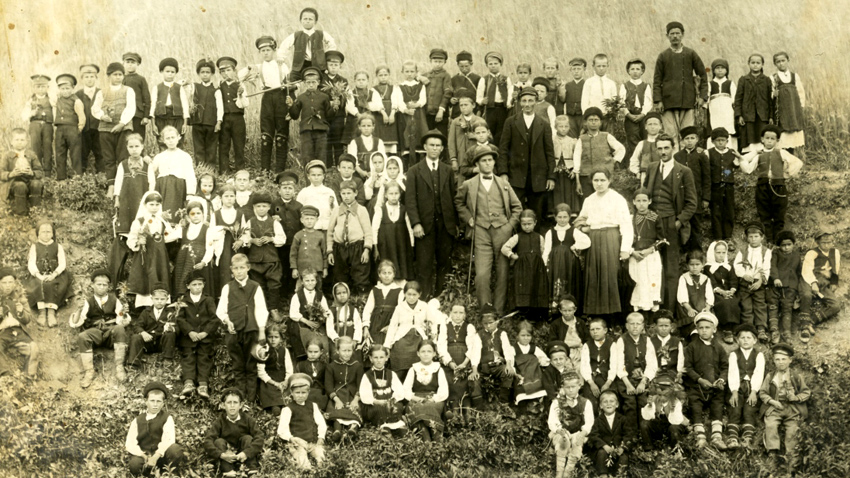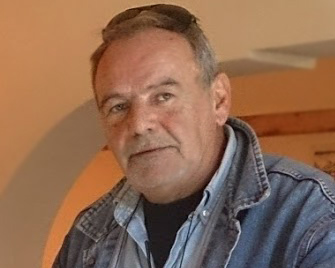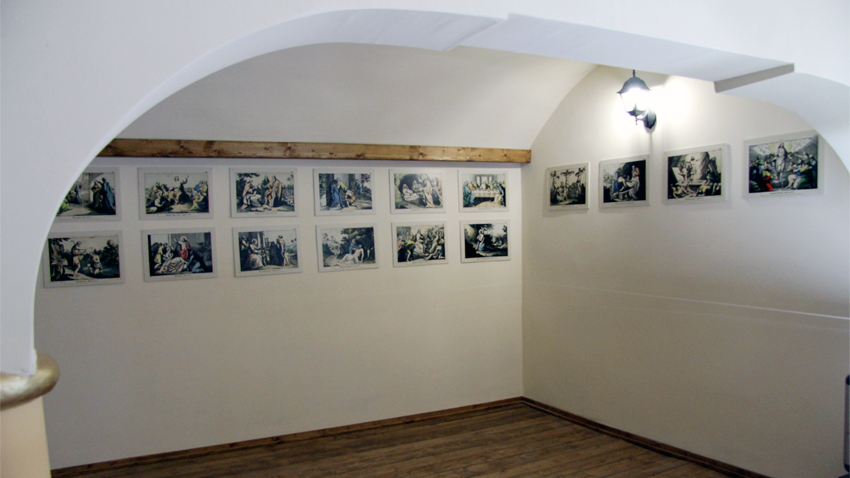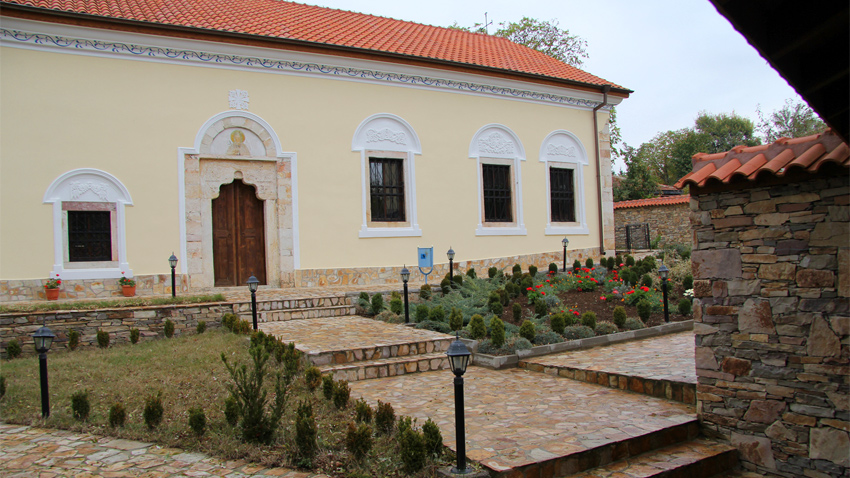"Today, January 15, 1922, residents of the village of Negushevo, Sofia district, namely: teachers Alexander Tsvetanov, Paraskeva Velichkova, Spas Genkov, Hristosko Yotov ... gathered at 10 o’clock in the room of the primary school to establish a community center… ' This is how the story of the “Vazrazhdane” (“Revival”)community center in the village of Negushevo, created by 31 enthusiasts, began. In the same 1922 the government of Alexander Stamboliyski declared the Day of the Leaders of National Revival for a public holiday, and on February 3, 1923, the law was signed by Tsar Boris III. The Neuilly Peace Treaty, the ceded Bulgarian lands, heavy reparations and crushed dignity had led to despair and nihilism in Bulgarian society. The need for reviving national confidence at that time was huge.
Celebrated and banned over the years, the Leaders of the Bulgarian National Revival Day has always been a celebration of Bulgarian historical memory, consciousness and spirituality. In addition to enlighteners and fighters for freedom, thousands of unknown writers and teachers contributed for instilling faith in people during difficult moments of their life. Often the memory of these people is lost like the names of those teachers who gathered to establish a community center. The names of teachers Alexander Tsvetanov and Paraskeva Velichkova are actually associated with the most important events in the recent history of the village of Negushevo, in which more than 1,000 people used to live in the past.

Tsvetanov and Velichkova started working as teachers when they were young – 18 or 19 years old. They not only brought up and educated hundreds of children, but also created a community center for educational and cultural activities. A permanent exhibition of photographs, documents, books and reproductions of graphics has opened in the St. Paraskeva church in the village of Negushevo to revive the memory of these enlighteners. The exhibition was prepared by artist Mihail Tanev:
 “Today we are trying to revive the memory of people of that time. We want to show the enthusiasm they had; the things they tried to do to prove they are true Bulgarians. Having said that, I must add that their home was their village. For them, the geographical concept of Bulgaria was extremely broad and incomprehensible, but the village was their world and they defended it with every action. Their desire was to build a church and a school. Historically, things happened differently. First, a school was built in 1882 and two years later the church was completed. This was indicative of the motivation of Bulgarians back then. Everyone participated in the construction of the church – some with labour and others with money. I want to point out that there were two main engines back then - people who were engaged in spiritual matters and were part of the Orthodox Church and the young teachers, who had outstanding contributions. They were those patriots, those leaders who gave everything from themselves and dedicated their youth for the development of their school and their village.”
“Today we are trying to revive the memory of people of that time. We want to show the enthusiasm they had; the things they tried to do to prove they are true Bulgarians. Having said that, I must add that their home was their village. For them, the geographical concept of Bulgaria was extremely broad and incomprehensible, but the village was their world and they defended it with every action. Their desire was to build a church and a school. Historically, things happened differently. First, a school was built in 1882 and two years later the church was completed. This was indicative of the motivation of Bulgarians back then. Everyone participated in the construction of the church – some with labour and others with money. I want to point out that there were two main engines back then - people who were engaged in spiritual matters and were part of the Orthodox Church and the young teachers, who had outstanding contributions. They were those patriots, those leaders who gave everything from themselves and dedicated their youth for the development of their school and their village.”

In the exhibition one can see photos of the people who gave their lives to enlightenment, as well as documents, books and lithographs printed at the beginning of the last century by "Hristo Danov" Publishing House. They were used in religion classes. Just a fence separates the church from the village school. Today the school is empty and abandoned. The church, however, has been renovated and has once again become a center of social and spiritual life. The restoration happened thanks to the efforts of people like Mikhail Tanev. He is one of those selfless Bulgarians, whom we can call contemporary enlighteners.

English: Alexander Markov
Photos: Yoan Kolev and negushevo-bg.orgThe first Dalmatian Pelican of this season hatched a few days ago in the protected area Kalimok - Brushlen near the Danube town of Tutrakan, reports the Bulgarian Society for the Protection of Birds "BirdLife Bulgaria". The parents are taking active..
More than 4,000 participants from 52 masquerade groups from all over the country will take part in the Jamala National Masquerade Festival in Kyustendil on 15 and 16 February. A children's folklore procession will start from Velbazhd Square at 10.30 a.m...
With more 40 thousand archaeological sites and artifacts, Bulgaria is a true open-air museum. In terms of the number of finds, this country ranks third in the world after Italy and Greece. From the Neolithic, eight millennia ago, to..
The festive service for the consecration of the new Bulgarian Orthodox church in London is led by His Holiness Daniil , Patriarch of Bulgaria, who also..
The Martenitsa Festival was held in Brussels f or the third consecutive year . Cultural organizations from Bulgaria, Romania and Moldova presented their..
Measurement equipment installed at the Bulgarian Antarctic base "St. Kliment Ohridski" has been collecting valuable data on solar activity and its..

+359 2 9336 661
